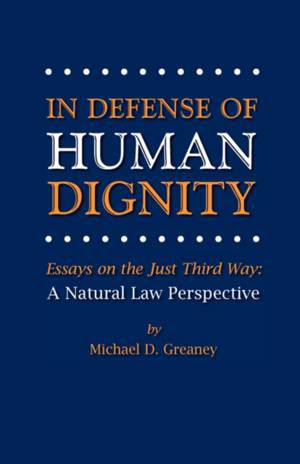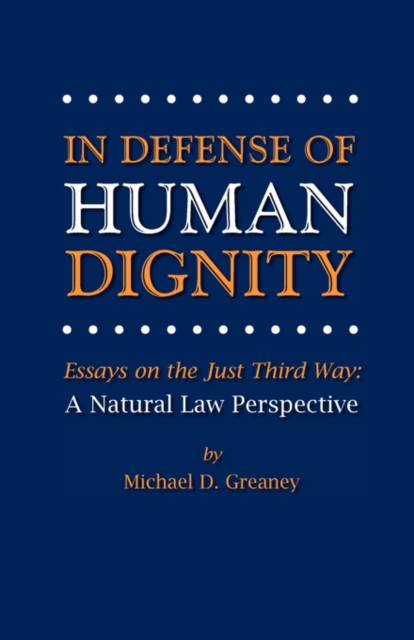
Bedankt voor het vertrouwen het afgelopen jaar! Om jou te bedanken bieden we GRATIS verzending (in België) aan op alles gedurende de hele maand januari.
- Afhalen na 1 uur in een winkel met voorraad
- In januari gratis thuislevering in België
- Ruim aanbod met 7 miljoen producten
Bedankt voor het vertrouwen het afgelopen jaar! Om jou te bedanken bieden we GRATIS verzending (in België) aan op alles gedurende de hele maand januari.
- Afhalen na 1 uur in een winkel met voorraad
- In januari gratis thuislevering in België
- Ruim aanbod met 7 miljoen producten
Zoeken
Omschrijving
A compilation of articles previously appearing in Social Justice Review, based on the Four Pillars of an Economically Just Society: 1) Limited economic role for the State, 2) Free and open markets, 3) Restoration of the rights of private property, and 4) Widespread direct ownership of the means of production. The Just Third Way is a holistic program developed by the interfaith Center for Economic and Social Justice ("CESJ") in Arlington, Virginia, USA, in response to the growing disparities of wealth and the failure of today's institutions to meet people's wants and needs in a manner consistent with their essential dignity as human beings. Analyzing the applications of natural law as expressed in Catholic social teaching, the articles demonstrate the universality of the principles underpinning the Just Third Way from the perspective of that particular faith tradition.
Specificaties
Betrokkenen
- Auteur(s):
- Uitgeverij:
Inhoud
- Aantal bladzijden:
- 320
- Taal:
- Engels
Eigenschappen
- Productcode (EAN):
- 9780944997024
- Verschijningsdatum:
- 15/09/2008
- Uitvoering:
- Paperback
- Formaat:
- Trade paperback (VS)
- Afmetingen:
- 140 mm x 216 mm
- Gewicht:
- 408 g

Alleen bij Standaard Boekhandel
+ 54 punten op je klantenkaart van Standaard Boekhandel
Beoordelingen
We publiceren alleen reviews die voldoen aan de voorwaarden voor reviews. Bekijk onze voorwaarden voor reviews.









